Date of Publication: 21st October 2023
Five representative HSCP organisations unite to voice safety concern over Children’s Disabilities Services amid calls for consultation
Five professional organisations (AOTI ,IASLT, IASW, ISCP, PSI*) representing Occupational Therapists, Speech and Language Therapists, Social Workers, Physiotherapists, and Psychologists have issued a joint statement to express their concern over the safety of Children’s Disability Services within the HSE.
Children's disability services are for children and young people up to 18 years who have complex needs. The organisations voicing their concerns are included in the children’s disability network teams (CDNT) providing specialised support and services for children who have a disability and complex health needs associated with their disability. The unprecedented joint statement reads:
“The AOTI ,IASLT, IASW, ISCP and PSI have significant concerns in relation to clinical governance, risk management, the erosion of professional autonomy and HSCP career structures within Children's Disability Services. This significantly impacts on our members’ abilities to deliver services to children with disabilities.
Of particular concern are governance pathways where individual Health and Social Care Professionals (HSCP) are not reporting to a discipline-specific manager who has an inherent understanding of their specialised roles.
We are also concerned that the development and reconfiguration of disability services may lead to HSCPs being asked to develop services, or work without the appropriate discipline-specific experience or supervision. This ultimately affects the safety of services being delivered to children and their families.
The issues highlighted here have a direct impact on staff retention and recruitment in disability services, which have significant waiting lists in the first instance.
Meaningful and timely consultation with our organisations is required regarding current and future delivery of Children’s Disability Services. As professional organisations, we have previously highlighted these issues to the Chief Clinical Officer , HSE and the Oireachtas. Appropriate and urgent action is required – we stand ready and willing to assist.”. <ENDS>
Notes to Editor
The Health and Social Care Professions (HSCP) are the second largest clinical grouping of the healthcare workforce. The organisations supporting this statement are:
AOTI – Association of Occupational Therapists
IASLT – Irish Association of Speech & Language Therapists
IASW – Irish Association of Social Workers
ISCP – Irish Society of Chartered Physiotherapists
PSI – Psychological Society of Ireland

Featured IASLT position papers

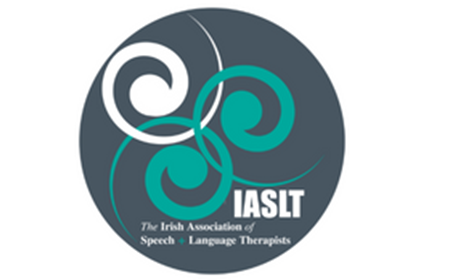
Speech and Language Therapists (SLTs) work in community child and adolescent mental health services (CAMHS), adult community mental health teams, CAMHS and adult approved centres.

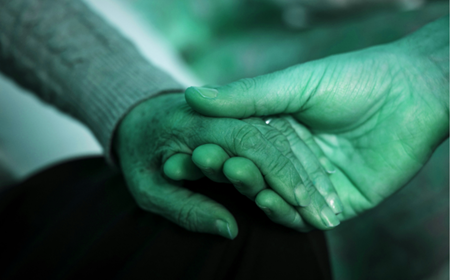
The purpose of this document is to set out the association’s position in relation to provision of Speech and Language Therapy services to people who live with frailty in Ireland. Frailty refers to a generalised weakening of multiple bodily systems which is usually associated with ageing.

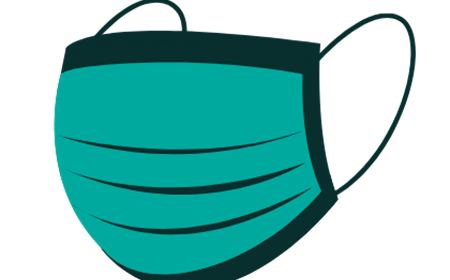
The Irish Academy of Audiology and Irish Association of Speech and Language Therapists have today issued a joint statement on the Use of Clear Face Masks.

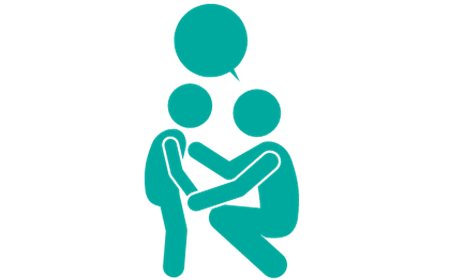
Provides an excellent insight into DLD; describes gaps and current services, and provides a framework around which to build services to support these children with DLD and families living in Ireland

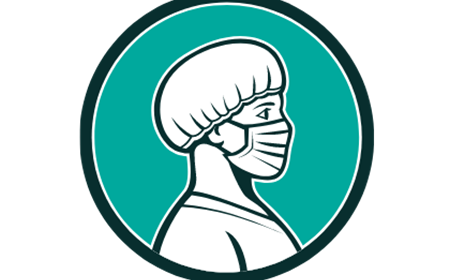
performing aerosol generating procedures as part of dysphagia management of individuals with COVID-19 (positive, suspected or non-COVID).

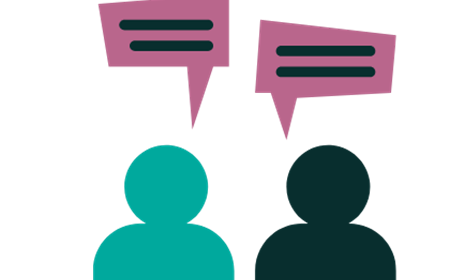
The IASLT hold the position that SLTs have a role in capacity assessment of adults with known or suspected communication disorders.

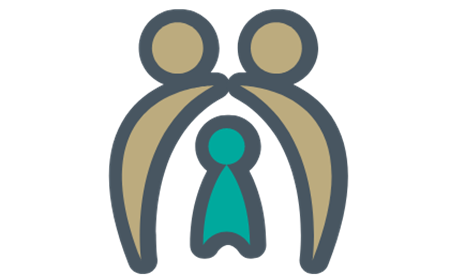
For families, SLTs, educators, professionals and stakeholders to guide decision-making regarding roles & best practice in interventions and service delivery to people with an intellectual disability.

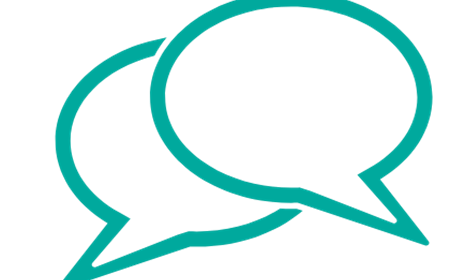
This 2015 document sets out the position of the IASLT, highlighting the Speech & Language Therapy provision that should be available for Transgender clients


Speech and Language Therapists (SLTs) hold the necessary clinical competencies in the screening, diagnosing and treatment of Autism Spectrum Disorders (ASD) as members of inter-professional clinical teams.


The information provided in this guideline is intended to provide guidance to members to allow them to responsibly implement telepractice and to ensure that standards are implemented and maintained.


This position paper highlights the key role that SLTs have & their scope of practice in supporting people with dementia within multidisciplinary teams, making key recommendations for change